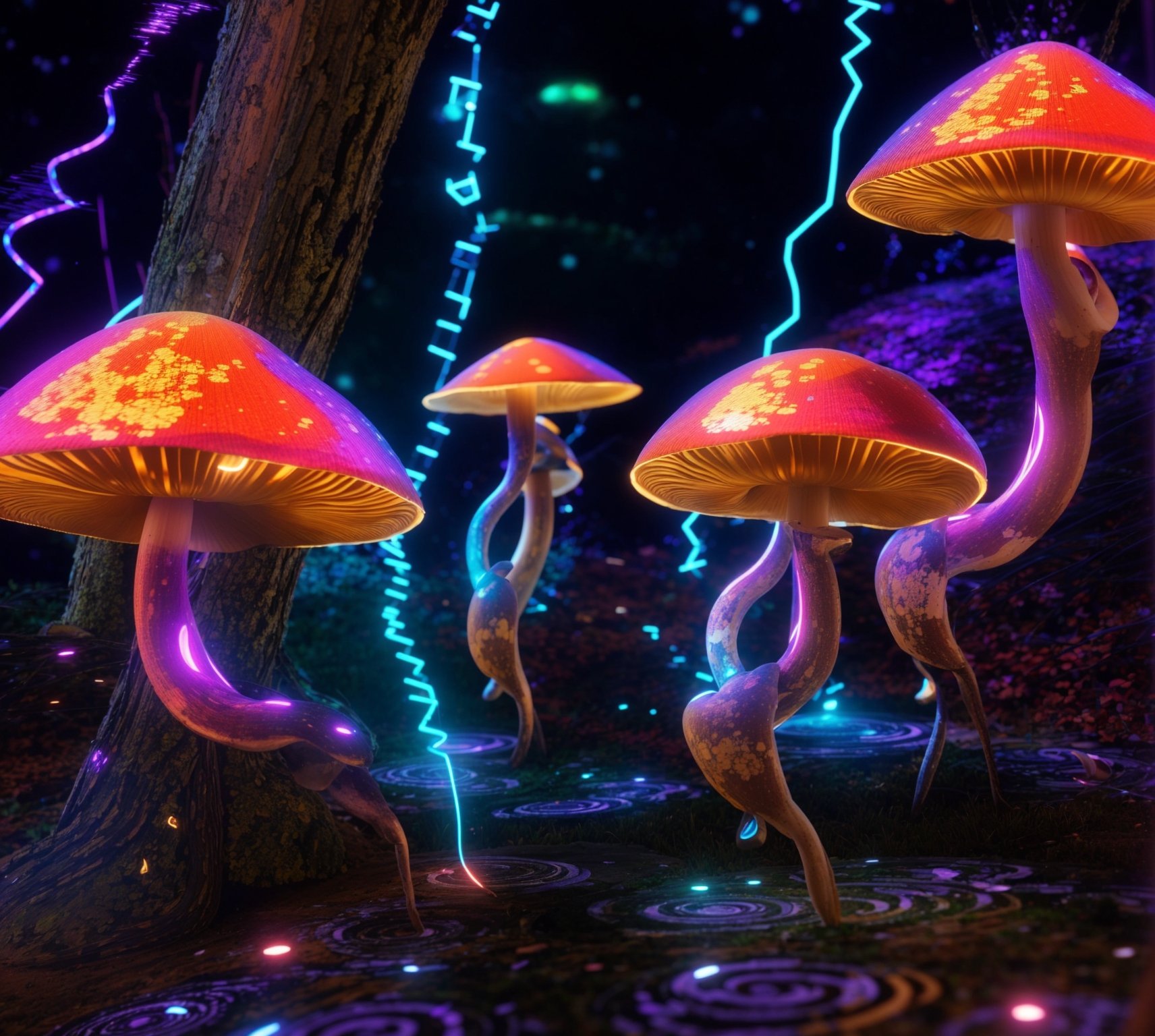Psilocybin: A Potential Breakthrough in Mental Health Treatment
In recent years, the field of psychedelic research has experienced a renaissance, with psilocybin, a naturally occurring compound found in certain mushrooms, emerging as a potential treatment for various mental health conditions. As the conversation surrounding mental health evolves, so does the understanding of alternative therapies, and psilocybin is quickly gaining attention for its potential therapeutic benefits.
Psilocybin is renowned for its ability to alter one's perception and mood, often inducing profound experiences that many users describe as transformative. While it has traditionally been associated with recreational use and spiritual journeys, scientific research is unveiling its potential in treating conditions such as depression, anxiety, and addiction.
Several small clinical trials have indicated that even a single dose of psilocybin, administered in a controlled therapeutic setting, can have lasting positive effects on mental well-being. Unlike many traditional treatments for depression and anxiety, which often require daily medication, the benefits of a psilocybin session can persist for months or even years.
The mechanism behind psilocybin's therapeutic effects is still a subject of research. Preliminary studies suggest that the compound may enhance brain connectivity, stimulate neurogenesis (the formation of new neurons), and boost neuroplasticity (the brain's ability to reorganize itself). These changes in the brain are believed to contribute to improved mood and cognitive function.
While the therapeutic potential of psilocybin is promising, it's essential to note that it remains a Schedule I drug in the United States, indicating a high potential for abuse and no accepted medical use. However, several states and cities are reconsidering its status, leading to decriminalization or legalization for medical or personal use.
Advocates for psilocybin therapy emphasize the importance of a controlled environment and the guidance of trained therapists. Renowned mycologist Paul Stamets highlights the need for a mature perspective on psilocybin, stating, "Let’s be adults about this. These are no longer 'shrooms.' These are no longer party drugs for young people. Psilocybin mushrooms are nonaddictive, life-changing substances."
As the debate around psilocybin continues, it's clear that its potential extends far beyond recreational use. With further research and a better understanding of its effects, psilocybin could revolutionize the way we approach mental health treatment in the future

